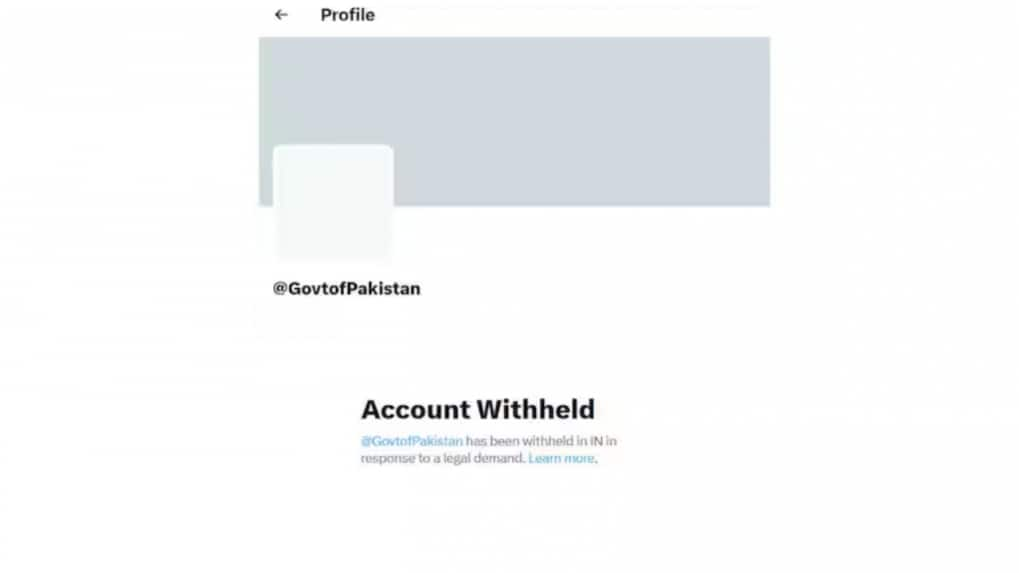Digital
Why OpenAI is hiring 100 ex-bankers: Inside the ChatGPT-maker's secret project to automate Wall Street's grunt work

India has blocked the official X (formerly Twitter) account of the Pakistani government, following a deadly terrorist attack in Pahalgam, Jammu and Kashmir, that claimed the lives of 26 people.
The decision came shortly after a high-level meeting of the Cabinet Committee on Security (CCS), chaired by Prime Minister Narendra Modi, to discuss India's response to the 23 April attack. Gunmen opened fire on a group of tourists enjoying pony rides in the scenic valley, in one of the deadliest attacks in the region since the abrogation of Article 370 in 2019.
As part of its measures, India has also suspended a key clause of the Indus Waters Treaty—a long-standing water-sharing agreement with Pakistan—and closed a major land border crossing in Kashmir.
In addition, the Ministry of External Affairs announced that all Defence, Naval, and Air Advisors in the Pakistani High Commission in New Delhi have been declared persona non grata and must leave within a week. India will also be pulling its own military advisors from the High Commission in Islamabad, along with five support staff. These roles are now considered annulled by both sides.
Despite the suspension of the official government account, individual X accounts of Pakistani leaders, including Prime Minister Shehbaz Sharif and Foreign Minister Ishaq Dar, remain visible in India. While leaders across the world issued strong condemnations of the Pahalgam attack on social media, there was no public statement from Sharif or his ministers—only a press release from Pakistan’s Foreign Office.
Pakistan, meanwhile, has responded by calling the Pahalgam incident a “revolution” against alleged oppression of minorities in India. In a controversial statement, Defence Minister Khawaja Asif claimed that such events are part of wider resistance movements in various Indian states, including Nagaland, Manipur, Chhattisgarh, and Kashmir.
“These are uprisings against Hindutva forces that are repressing minorities, including Christians and Buddhists,” said Asif. “People are fighting for their rights.”
Pakistan is expected to hold a high-level National Security Committee meeting on Thursday to formulate its official response to India’s actions, including the suspension of the Indus Waters Treaty. Prime Minister Sharif has reportedly summoned the country’s top military commanders and ministers to discuss what Pakistan has labelled a “false flag operation” by India.
From purpose-driven work and narrative-rich brand films to AI-enabled ideas and creator-led collaborations, the awards reflect the full spectrum of modern creativity.
Read MoreIn a wide-ranging interview with Storyboard18, Sorrell delivers his frankest assessment yet of how the deal will redefine creativity, media, and talent across markets.